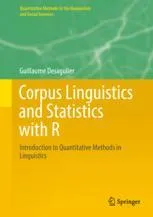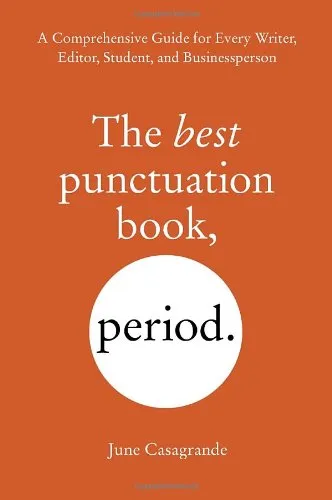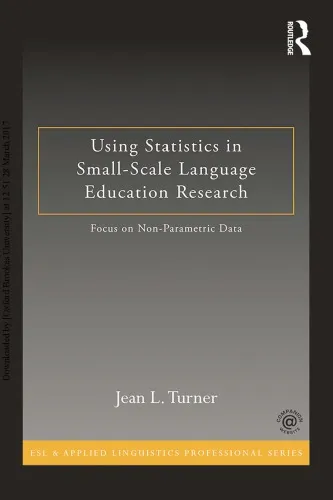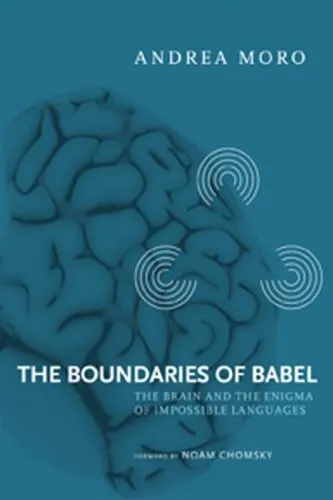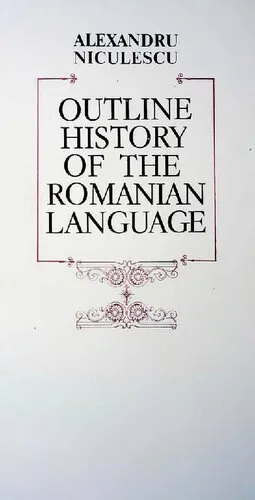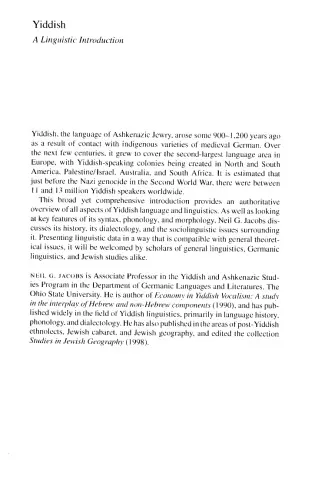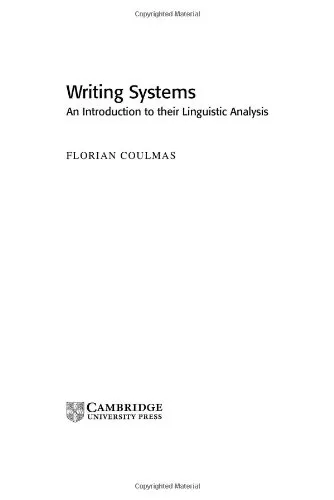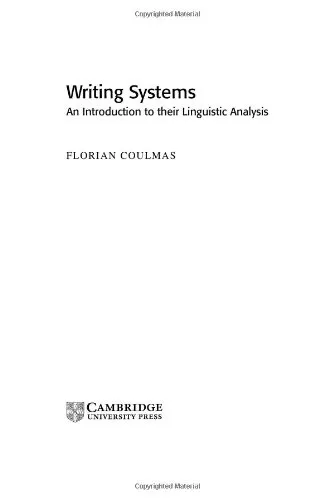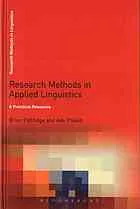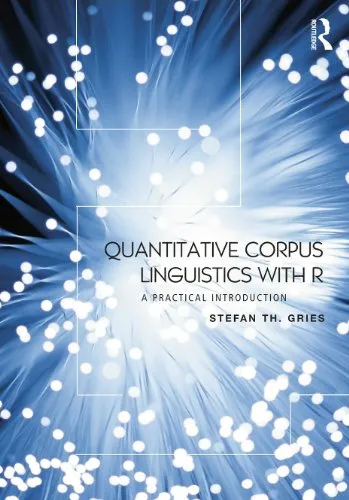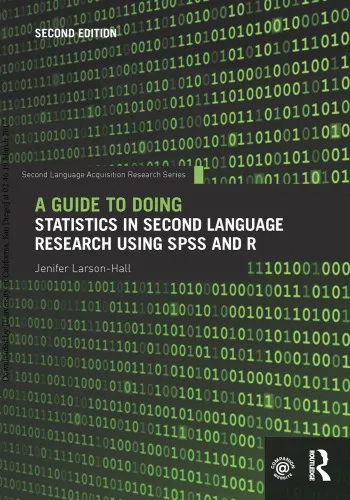Corpus Linguistics and Statistics with R: Introduction to Quantitative Methods in Linguistics
4.5
Reviews from our users

You Can Ask your questions from this book's AI after Login
Each download or ask from book AI costs 2 points. To earn more free points, please visit the Points Guide Page and complete some valuable actions.Related Refrences:
Introduction to the Book
Welcome to Corpus Linguistics and Statistics with R: Introduction to Quantitative Methods in Linguistics, a comprehensive guide for linguists, data analysts, and researchers diving into the intersection of language studies and statistical tools. This book demystifies the use of R programming for corpus linguistics, offering practical solutions and step-by-step guidance for exploring quantitative methodologies that add depth and rigor to linguistic inquiries.
Whether you are a seasoned linguist venturing into the computational frontier or a novice in the field of language study, this book is designed to empower you to analyze language data with confidence. With a perfect blend of theoretical underpinnings and practical applications, it bridges the gap between linguistics and statistics, ensuring that readers can navigate the often-daunting landscape of quantitative research.
Detailed Summary of the Book
The book is structured to provide a clear introduction to both corpus linguistics and statistical methods using R, a powerful software environment for statistical computing and graphics. It begins with the basics, ensuring even those with no prior coding or statistical background can follow along. The foundational chapters offer step-by-step tutorials on setting up R, importing and managing data, and performing exploratory data analysis.
Subsequent chapters delve deeper into the application of statistics in corpus linguistics, covering topics such as descriptive statistics, hypothesis testing, regression analysis, and data visualization techniques. Each statistical concept is illustrated with real-world linguistic datasets, enabling readers to contextualize their learning through the lens of language research.
More advanced chapters introduce techniques for processing and analyzing corpus data, such as frequency analysis, concordance lines, collocations, and keyness analysis. These methods are accompanied by hands-on exercises that encourage readers to apply what they’ve learned. By the end of the book, readers will not only have a solid grasp of R but will also possess the skills to undertake their own quantitative linguistic research projects.
Key Takeaways
- Learn the basics of R programming in a linguistics-focused context.
- Understand how to preprocess and manage corpus datasets.
- Master statistical concepts such as descriptive statistics, regression analysis, and hypothesis testing applied to linguistic data.
- Conduct corpus analysis using techniques like collocations, bigrams, and keyness calculations.
- Gain confidence in visualizing linguistic data with tools like ggplot2.
Famous Quotes from the Book
"Quantitative methods are not a replacement for qualitative insight in linguistics—they are a complement, enriching the depth and breadth of what we can observe about language."
"Every dataset tells a story; the task of the linguist is to uncover that story through statistical and empirical rigor."
Why This Book Matters
In an era where data-driven research is becoming the norm, linguistic studies increasingly demand a quantitative approach. This book fulfills a crucial need for those who wish to adopt a statistical perspective in exploring language, bridging the gap between theory and application.
One of the highlights of this book is its accessibility. Recognizing that many linguists may not have prior programming or statistical experience, it adopts a beginner-friendly tone while still covering advanced topics. Its use of R, an open-source and versatile tool, ensures that readers are equipped with skills that will serve them across a range of disciplines beyond linguistics.
Furthermore, the book encourages readers to think critically about their data and methodologies. By emphasizing reproducibility, rigor, and clarity in research, it aligns with the principles of modern scientific inquiry. Ultimately, this book matters because it empowers linguists to engage with language data in innovative and statistically sound ways, fostering a deeper understanding of language and its many complexities.
Free Direct Download
You Can Download this book after Login
Accessing books through legal platforms and public libraries not only supports the rights of authors and publishers but also contributes to the sustainability of reading culture. Before downloading, please take a moment to consider these options.
Find this book on other platforms:
WorldCat helps you find books in libraries worldwide.
See ratings, reviews, and discussions on Goodreads.
Find and buy rare or used books on AbeBooks.
1440
بازدید4.5
امتیاز0
نظر98%
رضایتReviews:
4.5
Based on 0 users review
Questions & Answers
Ask questions about this book or help others by answering
No questions yet. Be the first to ask!
